Painless detox — two weeks to get back on track
Eat yourself younger (wine allowed in moderation) with these easy-to-follow rules from a nutritionist

Pandemic living may have left many of us exhausted, overweight and feeling as though we’ve aged several years in one.
With the promise of normal life tantalisingly close, it’s time to get our health back on track. What can we do when we’ve let our good diet habits slip for so long and we’re in no mood for total abstinence? The solution is a “doable” detox — changing what you eat in a manageable way, eating foods packed with vitamins and nutrients, supporting your entire physiological system to function well.
“Your liver is a remarkably efficient organ that does a perfectly good job at getting rid of toxins from your body,” the nutritionist Rob Hobson says. “But simply by eating more healthily you will be optimising the way it functions.”
While this is a great time to reset our health and habits, we don’t want to punish ourselves. This is a far cry from the restrictive cabbage soup and lemon water plans that were so popular in the 1990s and early 2000s.
“Food should make you feel good and the new-style detox is nothing to do with deprivation,” Hobson says.
“The last thing we all need at the moment is a draconian set of diet rules. Provided they come from fresh, nutritious and healthy sources, you can consume as many calories as you need to fill you up.”
Within reason, of course — that means no ready meals, no refined carbohydrates, no added sugar (although a few squares of dark chocolate are allowed), plus plenty of protein, complex carbohydrates such as pulses and wholegrains, dairy products and healthy fats such as olive oil, nuts and seeds. Plus lots of colourful vegetables.
Follow these rules for two weeks and you will feel and look so much better. You’re likely to lose a few pounds in weight as well.
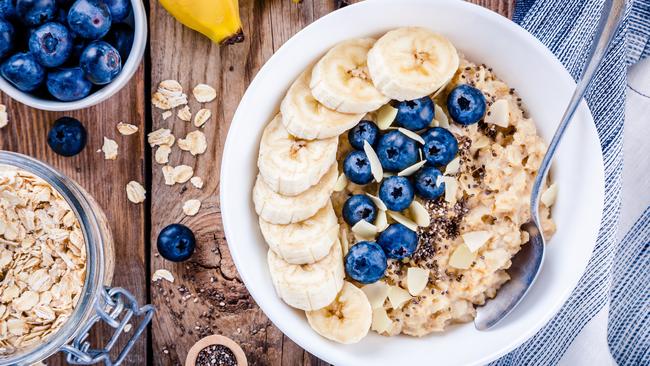
Regulate your blood sugar: eat porridge for breakfast
Not everyone likes a meal first thing, but consider your first meal of the day (whether that’s at 7am or 11am) to be breakfast. It should be something that is not going to adversely affect your blood sugar. You want a meal that is going to sustain you and maintain glycogen at a constant level until you next eat. Perhaps you could tweak your usual meal — if you normally eat cereal, have porridge instead.
Vary your protein and cut back on red meat
Cutting out meat is not necessary, but limit your red meat intake and replace it with other protein options such as tofu, chicken, turkey, prawns or cheese. Eating vegan twice a week is a good option. Adding seeds and nuts to salads is a great way to increase your protein and fibre intake, which is important for gut health, Hobson says. “And pile up the green and brightly coloured vegetables — eat as many of those as you need to fill you up.”
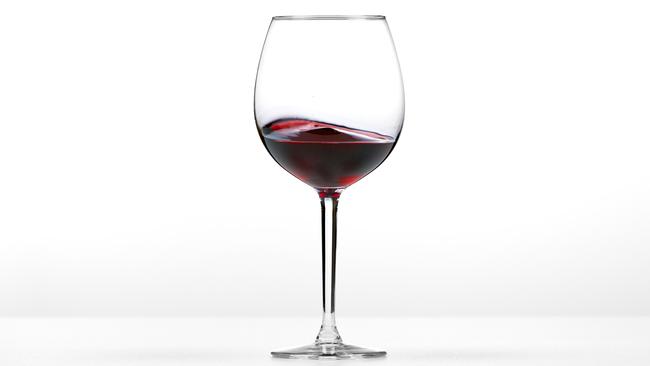
Try to avoid alcohol, at least for the first five days
Cut out alcohol for the first five days. “A complete break will give your liver a rest and kick-start your healthy diet,” Hobson says. After that aim for three or more alcohol-free days a week, but allow yourself to indulge in an occasional drink at the weekends. “Avoid cocktails and sugary fruit juice mixers. If you do choose to have a drink, the best choice is a glass of red wine, renowned for its polyphenol content, or a drink made with soda water to dilute the alcohol and give you a longer-lasting drink.”
If you need snacks, have nuts
There is no need to stop snacking, especially if you are someone who is more of a grazer. Just make sure they are the right kind of snacks. “Nuts, seeds, vegetable crudites, a slice of rye bread with tapenade or some fresh berries are great to have on standby,” Hobson says.
“Denying yourself all treats is probably too big an ask right now, so the key is to select carefully. A few squares of dark chocolate is often enough to satisfy a sugar craving, even though the amount of sugar it contains is small — and it brings the added benefit of magnesium, iron and polyphenols,” he says. “Or make a banana smoothie with some added cocoa powder for the same effect.”
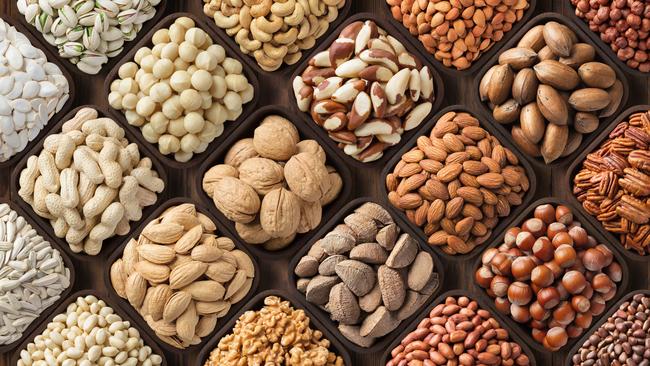
Aim for three good meals a day
If your eating habits have been chaotic lately, re-establish a routine. Aim for three main meals a day, to fill a medium-sized plate. “It is worth eating your last meal by 6 or 7pm if you have trouble sleeping, so that your digestive system has done much of its work by the time you go to bed,” Hobson says.
“I’m a fan of the 16:8 approach, which advocates sticking to eating within an eight-hour timeframe because it creates a clearly defined window that is easier to stick to. It also means that you are less likely to snack late at night.”
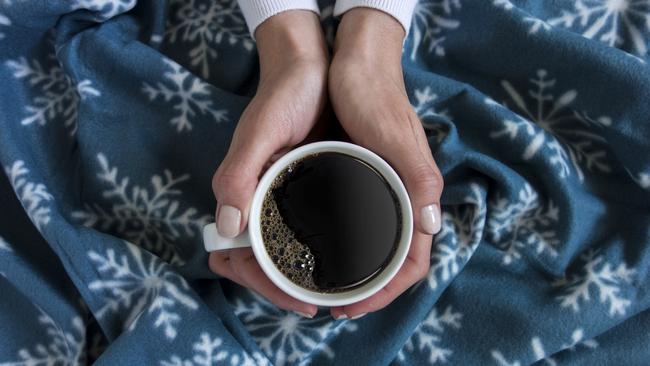
You can drink black coffee
Thanks to the antioxidants it contains you can carry on drinking black coffee. Because of its caffeine content, though, don’t drink more than four or five cups a day. “Coffee gets a bad rap, but it more than merits its place in a healthy eating program,” Hobson says. “It’s packed with healthy polyphenols and contrary to popular belief there’s no evidence it promotes dehydration.”
Increase your water intake
Every cell in your body requires water, and it helps with digestion, energy levels and livening up dull skin. Aim to drink six to eight glasses a day to stay well hydrated. Hobson recommends lemon and ginger added to hot water for an instant mid-afternoon energiser.
The Times
More Coverage


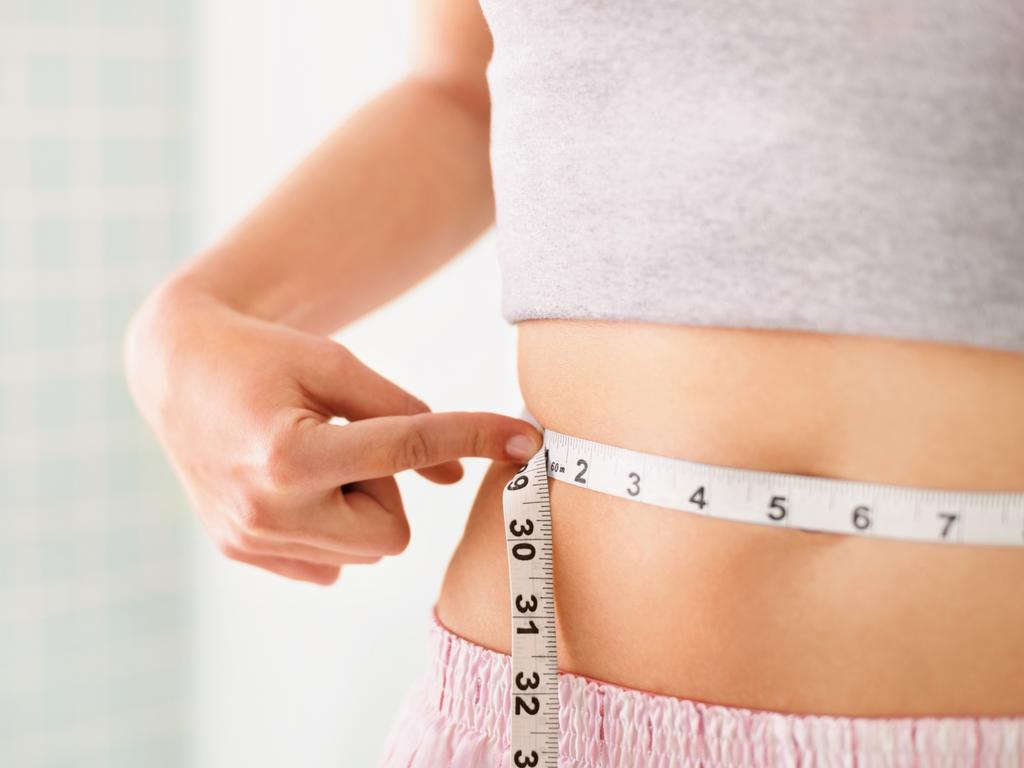

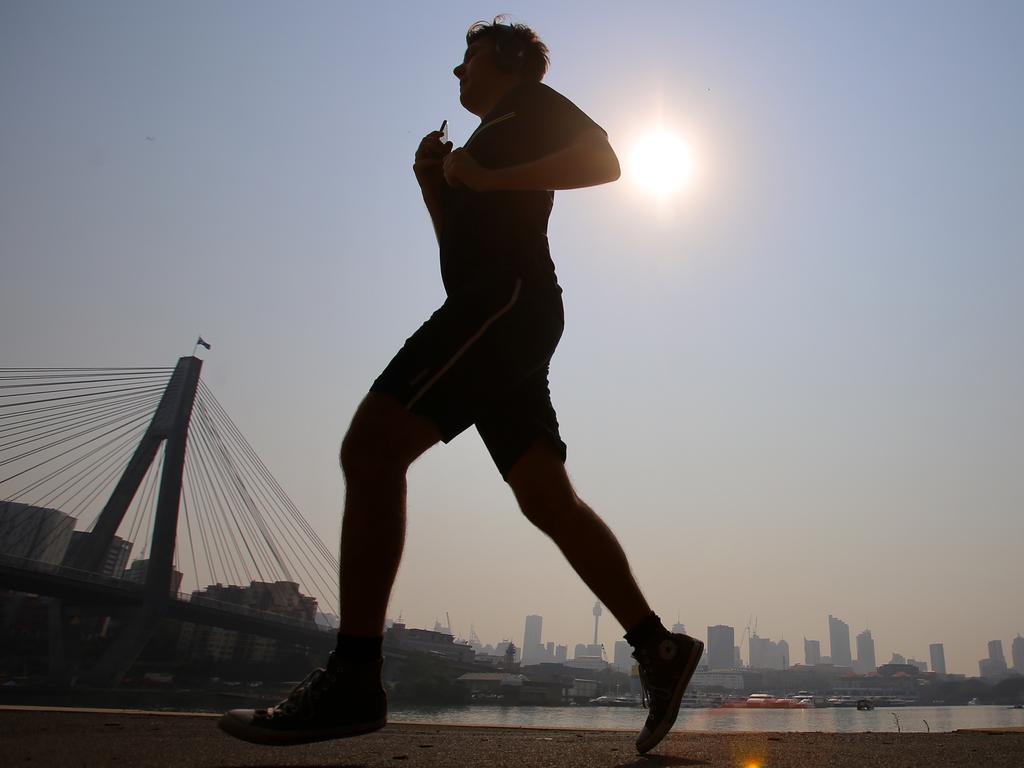


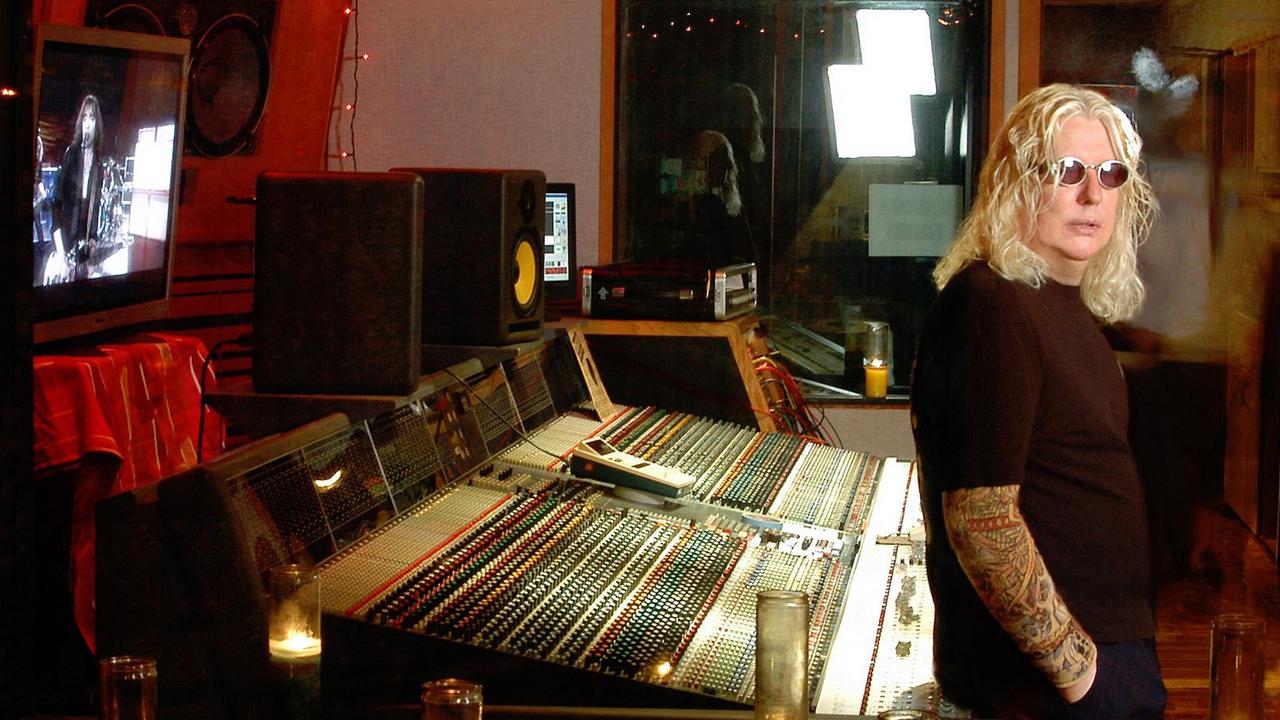
To join the conversation, please log in. Don't have an account? Register
Join the conversation, you are commenting as Logout